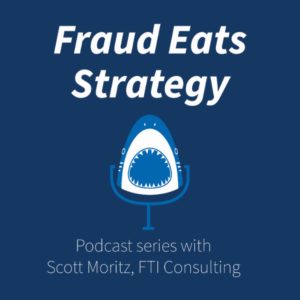In 2006, Germany-based Siemens was ranked 22nd on the Global Fortune 500 with revenues of $100 billion. It was a global leader and one of the world’s most admired companies. Until November 16, 2006 when the Munich Police Department raided Siemens corporate offices and several subsidiaries based on whistleblower allegations of bribery and misuse of funds. This Munich Police Department investigation triggered a global corruption investigation which revealed that Siemens had methodically violated U.S., German and other global anti-bribery laws for decades. When the settlement of the case was announced in 2008, law enforcement didn’t pull any punches. Yet what is equally remarkable is that a company that used corruption strategically and methodically to achieve its business objectives for decades remade itself in the wake of the corruption scandal to emerge as a model of corporate reform and business ethics.
Join us each week as we take a deep dive into the various forms of fraud across the world and discuss crime families, penny stock boiler rooms, international money launderers, narco-traffickers, oligarchs, dictators, warlords, kleptocrats and more.
Scott Moritz is a leading authority on white-collar crime, anti-corruption, and in the evaluation, design, remediation, implementation, and administration of corporate compliance programs, codes of conduct. He is also considered an authority in the establishment, training, and oversight of the investigative protocols carried out by financial intelligence, corporate security, and internal audit units.




